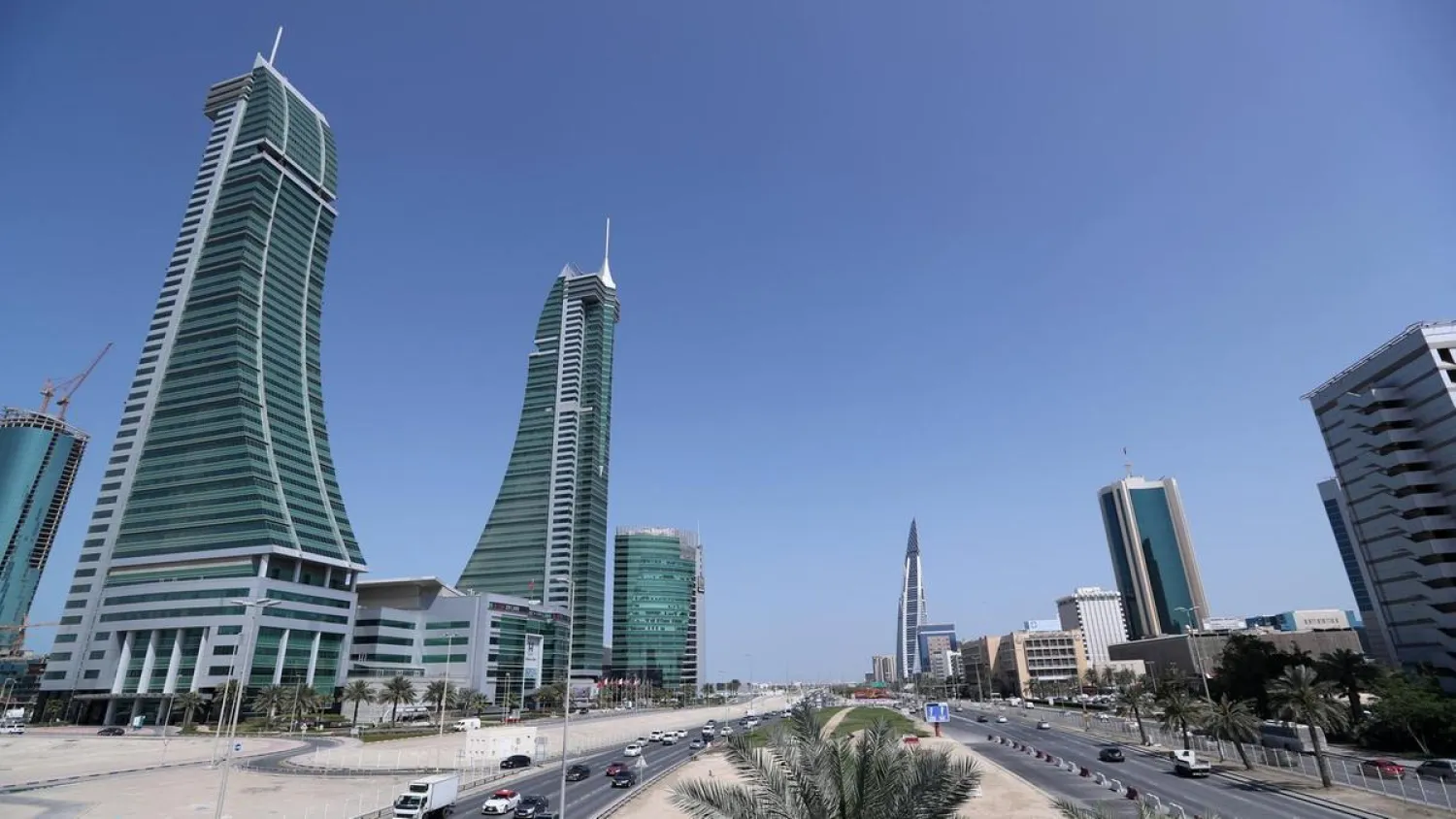Saudi Arabia, the United Arab Emirates, Kuwait and the Arab Monetary Fund (as a consultative party) announced the launch of a financial balance program to support the financial stability of Bahrain.
The program includes providing $10 billion to achieve a balance between government expenditures and revenues by 2022.
The program will provide soft loans to fund the financial balance program that aims at accomplishing public finance stability and continuing the motivation of economic growth of Bahrain.
On Thursday, ministers of finance of the concerned states convened in Bahrain where they signed on the arrangements of the financial cooperation between their governments.
On June 27, Saudi Arabia, UAE and Kuwait revealed a comprehensive economic program to support the financial stability of Bahrain.
Sheikh Khalid bin Abdullah Al Khalifa, Deputy Prime Minister and Chairman of the Ministerial Committee for Financial Affairs and Control of Spending, stressed that Bahrain seeks to accomplish the goals of comprehensive development, which were put by King Hamad bin Isa Al Khalifa.
Bahrain's Minister of Finance Sheikh Ahmed bin Mohammed Al Khalifa said: "With spending reductions commencing in the short term and the target of eliminating the budget deficit by 2022, the program secures the foundations of an economy that affords even more opportunity, more jobs, and greater living standards for the Kingdom's generations of today and tomorrow."









